Specific Differences (Olavo de Carvalho)
https://olavodecarvalho.org/di....ferencas-especificas
Specific Differences
Once Marxism is characterized as a culture, it becomes necessary to refine the diagnosis by means of some specific differences.
Marxism is not an autonomous cultural process, but a transmutation that took place within the heart of the global revolutionary movement, which by that time already had a century-old tradition and a defined identity—so much so that it was popularly referred to simply as “the movement” or “the cause,” despite the coexistence within it of an infinite number of competing currents and subcurrents.
The Communist Manifesto of 1848 presents itself as the overcoming and absorption of that disordered movement into a higher totality. From that point on, the relationship between Marxism and the other revolutionary currents has been like that between a boss and his employees, whom he summons, dismisses, expels, or recalls at will.
Thus it was able to condemn sexual existential protests as petty-bourgeois revolt or to denounce nationalism as the worst enemy of proletarian revolution—and then promptly summon both to serve under its banner. Its capacity for absorption and expulsion is unlimited, since it need give account only to the single priority of its own survival and expansion, reducing every consideration of truth or morality, pragmatically, to the status of ancilla revolutionis.
This is opportunism taken to its ultimate consequences: its total disregard for the truth can be measured by the consistency with which the communist movement announces its imminent victory over capitalist nations, while simultaneously swearing that it doesn’t even exist materially, denouncing any attempt to identify its network of organizations and modes of operation as paranoia and “conspiracy theory.”
Here too, the comparison with dogmatic religions is inadequate. No religious fanaticism has ever produced this kind of mass sociopathy.
The fundamental difference between Marxism and other cultures is that, for the latter, the decisive test is adaptation to the natural environment, the organization of the economy. Any culture that fails at this point is doomed to disappear. Marxism, by contrast—whose complete economic failure in every nation it has dominated is well-known (one need only recall that no other economic organization has ever managed to starve 10 million people all at once, as did China’s “Great Leap Forward” in agriculture)—seems to draw from such results the most extraordinary advantages, growing in prestige and political strength the more fragile and dependent it becomes on aid from capitalist countries.
Its inability to exploit a territory effectively, when compared to its brutal efficiency in expanding within others’ territory, shows that Marxism does not exist as a culture in the full sense, capable of asserting its value against the resistance of the material environment, but only as a parasitic subculture embedded in a society it did not create and with which it cannot compete.
A parasitic subculture of modern Western culture, Marxism is not capable of replacing it, but it is capable of weakening it and bringing about its death. The parasite, however, cannot survive outside the body it exploits, and the weakening of the host organism opens the way for the rise of another competing culture: Islam—this one a true culture in the full sense—which Marxism ends up serving as an auxiliary force in its anti-Western struggle, even as it tries to use Islam for its own purposes.
The Islamic conversion of prominent Marxist thinkers like Roger Garaudy, and the “anti-imperialist alliance” between communists and Muslims, are symbols of a much more complex process of Marxism’s absorption, which some Islamic theorists describe as follows: the struggle for socialism is the initial and inferior stage of a broader revolutionary process that will add to the “material liberation” of peoples their “spiritual liberation” through global conversion to Islam.
At the same time, Marxists believe themselves to be leading the process and using the Islamic rebellion as they once used various nationalist movements—only to suffocate them afterward.
Whether the Marxists are the shock troops of the Islamic revolution or the Muslims the spearhead of the communist movement—this is the most interesting question for anyone who wishes to know where the world is headed in the coming decades.
0


![React: JOÃO CARVALHO NÃO SABE O QUE É FASCISMO [REVOLUSHOW] - João Eigen](https://cdn.mgtow.tv/upload/photos/2025/09/YXcSnwZzQwbRDiR5U9lb_12_c860c21a8b09d171d1e4cd1584ab61cf_image_thumb_high.jpg)
 Sant77
Sant77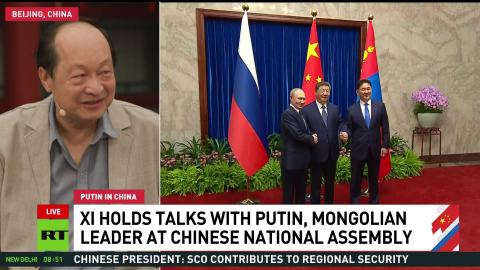
 RT
RT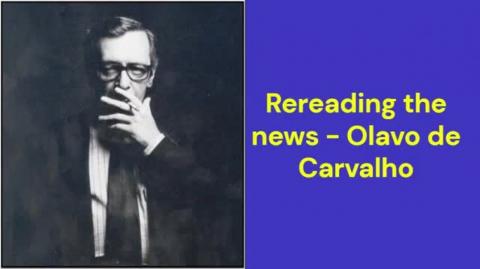
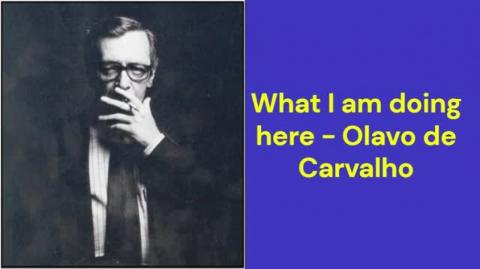
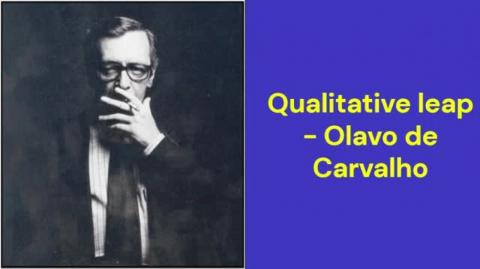

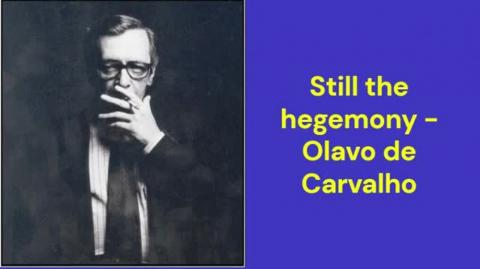
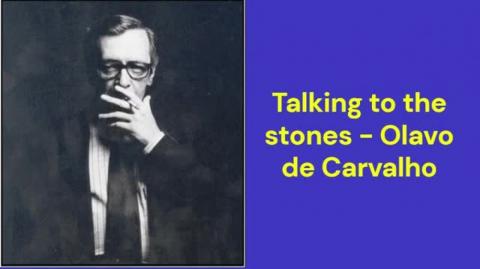
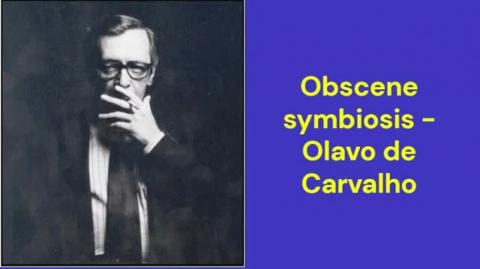



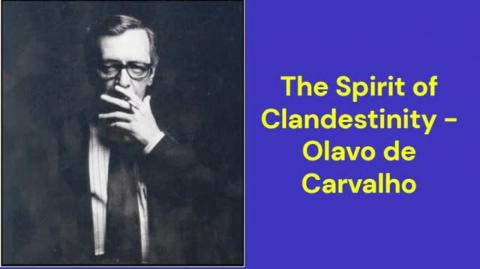
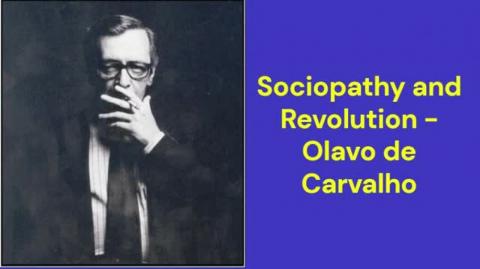


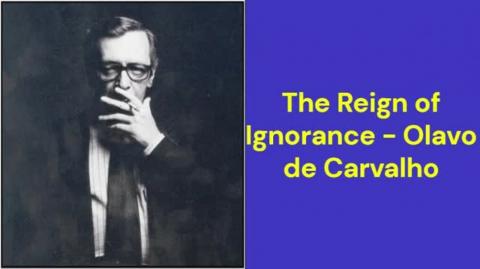

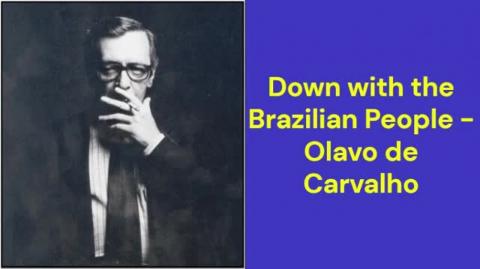
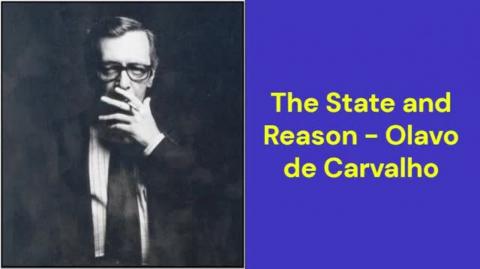


Log in to comment